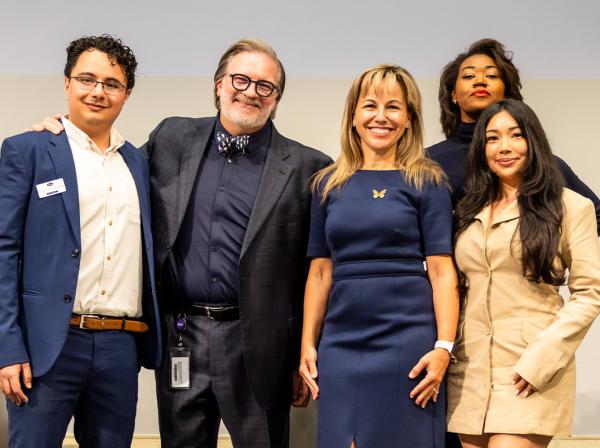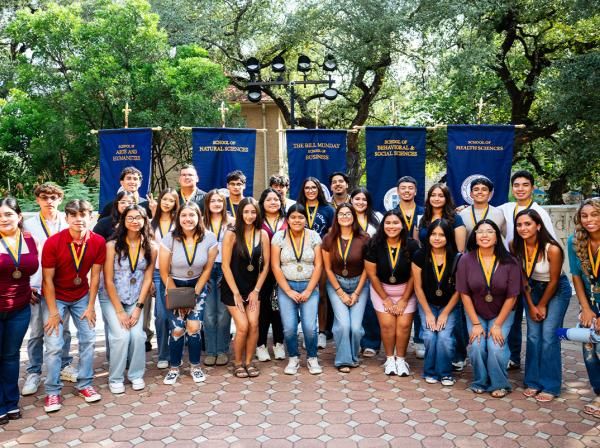6 Things Science Majors Should Look for in a College
If you major in science in college, one of the best ways to enhance your education is to conduct research. You’ll typically begin by helping one of your professors on a research project that’s already underway. Once you understand the process, you’ll have a chance to pursue an idea of your own.
The results? You’ll have a strong grasp of the scientific process, you’ll definitely be ready for graduate school, and you might even decide to pursue a career in the lab. But how can you tell whether a college encourages undergraduates to do research? Here are six clues:
1. It Invites Freshmen to Start Thinking about Research Early
The college might offer a research boot camp, a meet-and-greet with professors, even a residence hall where you can live with other freshman science majors.
2. Classes Are Small Enough That You’ll Get to Know Your Professors
You can also meet with them during office hours! One of your first research experiences will probably be helping a professor on a project — so you’ll get to establish relationships early.
3. The College Hosts Its Own Research Symposium
At the symposium, you can present your work to fellow students and professors. Tip: Go to this symposium your freshman year to get inspired!
4. The School Will Send You to Professional Conferences of Scientific Organizations
Presenting your own research, and networking at receptions, gives you a glimpse of the professional science world.
5. The School Offers Grants to Support Summer Research
Yes, you can get grants to support summer research at St. Edward's! Bonus points if it teaches you to apply for additional funding by writing grants — an important skill for your later career.
6. It Has The Equipment You Need – Or It Can Send You to a Lab That Does
When you visit colleges, check out the science building and ask about labs, greenhouses and “living laboratories” like wilderness areas where research is conducted. And ask if students apply to Research Experiences for Undergraduates, or REUs. These National Science Foundation-funded opportunities allow students to spend several weeks at a prominent lab, conducting research that might differ significantly from what they’ve done on their home campus. Pro tip: you’ll need research experience already under your belt to be chosen for an REU — so find a school that will let you get started early.
Want more information on how St. Edward’s connects its undergraduates to research opportunities? Visit us on campus!


